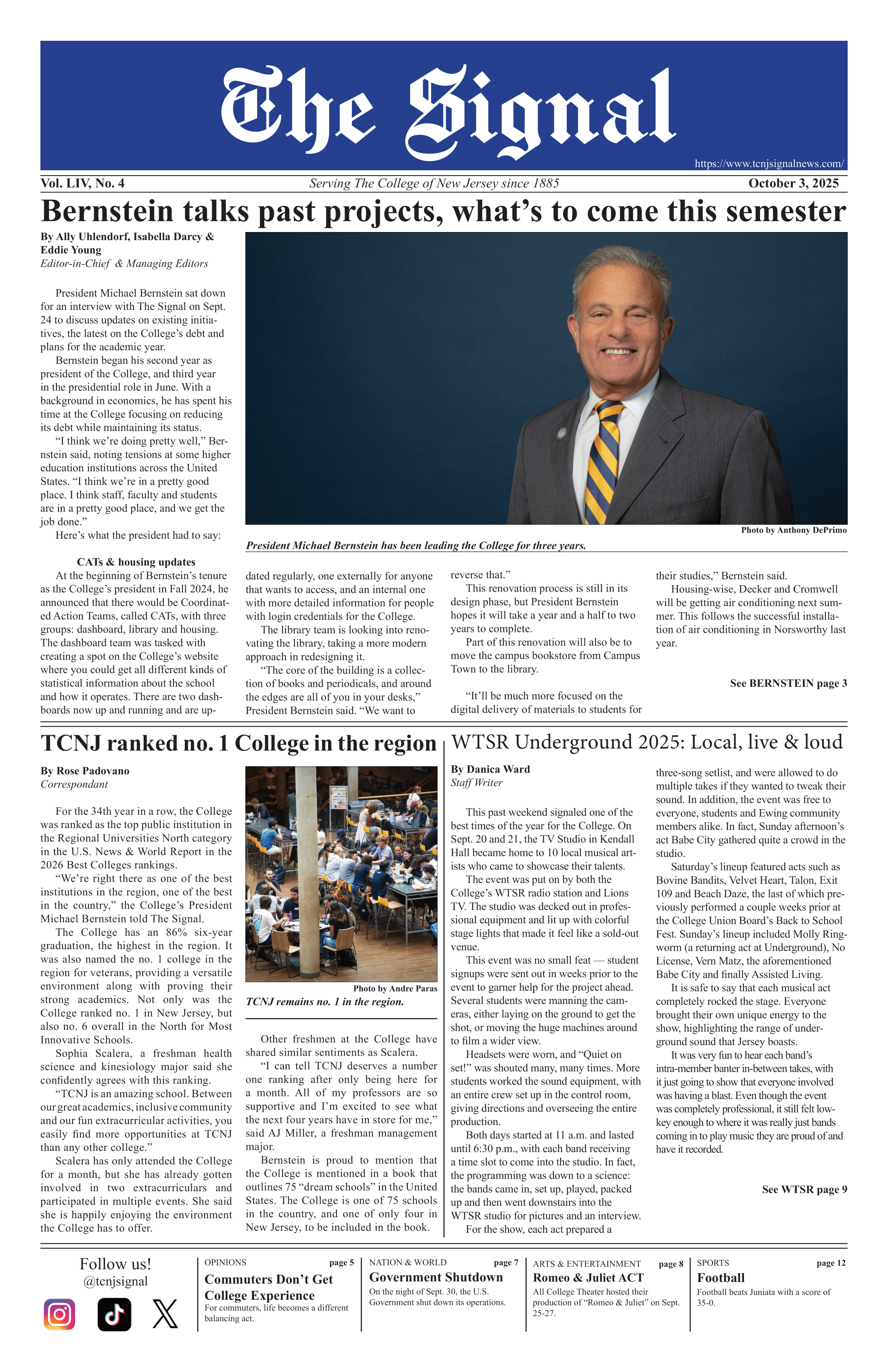By Jenn Zuccaro
Correspondent
To say that the purpose of Han
Kang’s fiction book “Human Acts” is to merely retell the nonfictional 1980 Gwangju student uprising overlooks the compelling themes, haunting language and even the work’s title.
On the surface, Kang’s novel is about a boy named Dong-ho, his tragic life in the midst of the uprising in Gwangju, a southern city in South Korea, and the aftermath, revealed to us in bits and pieces strewn across the interconnected chapters. Each chapter is told from a different perspective, from Dong-ho’s best friend, to a former prisoner, to Dong-ho’s own mother.
These characters are all connected to the young victim in a different way, each carrying the same burden of grief and sorrow under a different set of shoulders.
These are the barebones of the story. But, as Kang makes clear enough with her vivid descriptions of rotting corpses and piles of bludgeoned bodies set aflame, we aren’t meant to focus solely on the bones of this story — we are meant to uncover the flesh.

While this is essentially a novel highlighting the struggle of the oppressed against the harsh rule of the oppressors, one thing to take note of is that there is no real focus on the censoring, restricting forces. The increasingly authoritarian government that becomes a catalyst for an abused people hungry for change and desperate for the voice that might help them instigate it are pushed to the background.
This isn’t to say that they are not vital to this story being told properly — they are the necessary action to cause the reaction of the resistance, after all. But they are not given a chapter told from their perspective — they are robbed of what they are attempting to take away from their people: a voice.
This loss of voice is something Kang is deeply concerned about throughout the novel, and it’s apparent — one of the chapters focuses on a young editor named Kim Eun-sook who is struggling against the censors to published a nonfiction work that examines the psychology of crowds.
While this is a more literal example, there are other civilians being actively silenced throughout their respective chapters, as well. There is the prisoner who is tortured and starved into obedience as well as Dong-ho’s friend, Jeong-dae, who shares his story from beyond the grave. There is also the factory girl who keeps silent, attempting to come to terms with the losses of close friends and allies at the hands of her government.
Kang provides these characters with the very thing they have been deprived of during their existence under authoritarian rule — the ability to share their side of things.
Another topic that Kang is concerned with is the nature of humanity: Are human beings inherently good or evil?
The novel seems to present us with both sides of the argument. One particularly memorable passage, which comes from one of the concluding paragraphs of the prisoner’s chapter, reads “It happened in Gwangju just as it did on Jeju Island, in Kwantung and Nanjing, in Bosnia, and all across the American continent when it was still known as the New World, with such a uniform brutality it’s as though it is imprinted in our genetic code.”
We are also shown humanity on the other end of the spectrum, from the endless lines of people waiting to donate blood to the volunteers working tirelessly to clean and identify the bodies of the young victims.
Regardless of whether Kang is showing us the good or bad side of humanity, one thing is constant: She is always honest with us. Her honesty is rarely pleasant, but humanity isn’t always a pleasant business.
In fact, during times of oppression and hardship, perhaps the only glimmer of hope is the notion that the pressure might have a shot at making some diamonds.
Although the bleak accounts of the victims and bereaved may leave us feeling wary of our own species, it shouldn’t be discounted that the novel concludes with the image of a bird — a symbol of life, freedom and hope.







